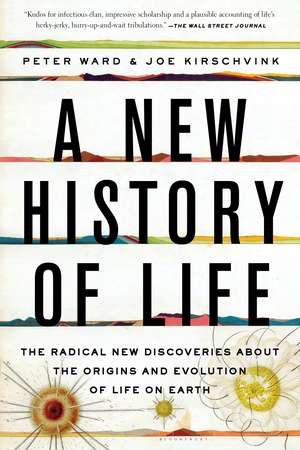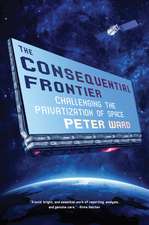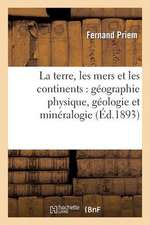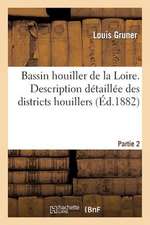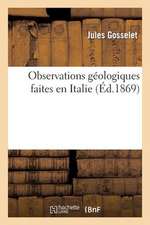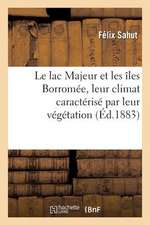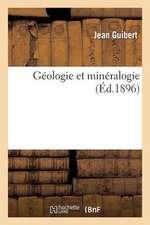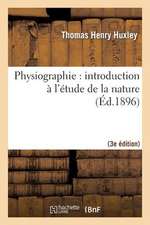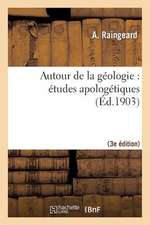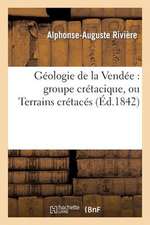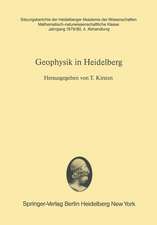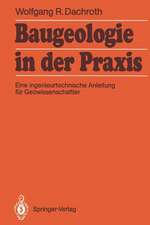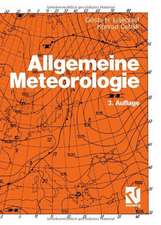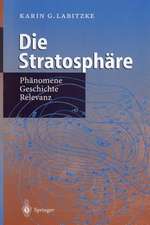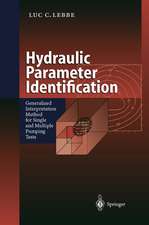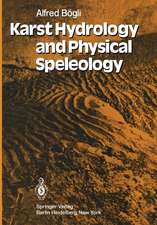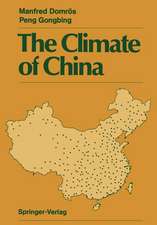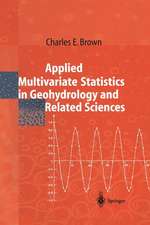A New History of Life: The Radical New Discoveries about the Origins and Evolution of Life on Earth
Autor Peter Ward, Joe KirschvinkPaperback – 5 oct 2016
Preț: 65.30 lei
Preț vechi: 83.95 lei
-22% Nou
Puncte Express: 98
Preț estimativ în valută:
12.50€ • 12.100$ • 10.32£
12.50€ • 12.100$ • 10.32£
Carte disponibilă
Livrare economică 22 martie-05 aprilie
Preluare comenzi: 021 569.72.76
Specificații
ISBN-13: 9781608199105
ISBN-10: 160819910X
Pagini: 400
Ilustrații: B&W art throughout
Dimensiuni: 140 x 210 x 30 mm
Greutate: 0.41 kg
Editura: Bloomsbury Publishing
Colecția Bloomsbury Press
Locul publicării:New York, United States
ISBN-10: 160819910X
Pagini: 400
Ilustrații: B&W art throughout
Dimensiuni: 140 x 210 x 30 mm
Greutate: 0.41 kg
Editura: Bloomsbury Publishing
Colecția Bloomsbury Press
Locul publicării:New York, United States
Caracteristici
Honors for Ward's Books: Rare Earth named one of the ten most important science books of 2001 by Discover Magazine; The Medea Hypothesis named one of the "100 most important ideas of 2009" by the New York Times; and The Flooded Earth was nominated for a Los Angeles Times Book Award.
Notă biografică
Peter Ward is a Professor of Biology and Professor of Earth and Space Sciences at the University of Washington. He has numerous seventeen books, among them the prizewinning Rare Earth: Why Complex Life Is Uncommon in the Universe, with Donald Brownlee, and his writing has earned varied honors, earning multiple nominations for awards ranging from the Keck Science Writing Award to the Los Angeles Times Book Award. He has been a main speaker at TED and has received the Jim Shea Award for popular science writing, joining recipients such as Stephen Jay Gould and John McPhee. Joe Kirschvink is the Nico and Marilyn Van Wingen Professor of Geobiology at the California Institute of Technology, as well as a Fellow of the American Society for the Advancement of Science, the American Geophysical Union, and the American Academy of Arts and Sciences. His pioneering work in earth science includes formulating and naming the "Snowball Earth" hypothesis. Asteroid 27711 is named after him.
Recenzii
A NEW HISTORY OF LIFE deserves kudos for infectious élan, impressive scholarship and a plausible accounting of life's herky-jerky, hurry-up-and-wait tribulations.
If you want to open your mind to the depths of modern thinking, then A NEW HISTORY OF LIFE is for you. Read it!
A NEW HISTORY OF LIFE makes for an exciting and comprehensive read, enthralling to science nerds and lay readers who are curious about the rich natural history of planet Earth.
The authors, both scientists, propose several different ways of looking at the history of life on earth, including the role that catastrophes played in shaping the development of living things.
If you want to open your mind to the depths of modern thinking, then A NEW HISTORY OF LIFE is for you. Read it!
A NEW HISTORY OF LIFE makes for an exciting and comprehensive read, enthralling to science nerds and lay readers who are curious about the rich natural history of planet Earth.
The authors, both scientists, propose several different ways of looking at the history of life on earth, including the role that catastrophes played in shaping the development of living things.
